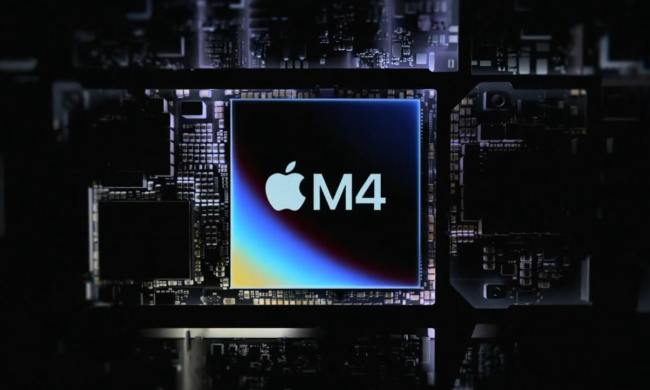
Using a fair amount of fear-mongering (after all, the Hacking Team knows firsthand how prevalent cyberattacks are), the private company sent an email to current and existing customers of October 19, writing, “Most [law enforcement agencies] in the US and abroad will become ‘blind,’ they will ‘go dark:’ they will be simply be [sic] unable to fight vicious phenomena such as terrorism. Only the private companies can help here, we are one of them.”
So now, they’re offering a brand new suite of tools to the police that will supposedly help them get around various encryption technologies. Fighting hacking with, what else, hacking.
Heralded as “brand new and totally unprecedented cyber investigation solutions,” Hacking Team’s CEO David Vincenzetti noted, “It is crystal clear that the present American administration does not have the stomach to oppose the American IT conglomerates and to approve unpopular, yet totally necessary, regulations.”
Although the Hacking Team has managed to land some pretty impressive clients and customers in the past, including the FBI the Drug Enforcement Agency, neither of these big government names are in play anymore. As Motherboard notes, “The DEA cancelled its contract after using it only 17 times in three years, while the FBI let its license expire because it didn’t see RCS as a “must have,” as Hacking Team spokesperson Eric Rabe put it in an internal email.”
Of course, this latest Hacking Team release could turn the firm’s luck around, but as of yet, there’s no word yet on when we can actually expect a release. So for now, just sit back, relax, and pray that you don’t fall victim to a cyberattack.


